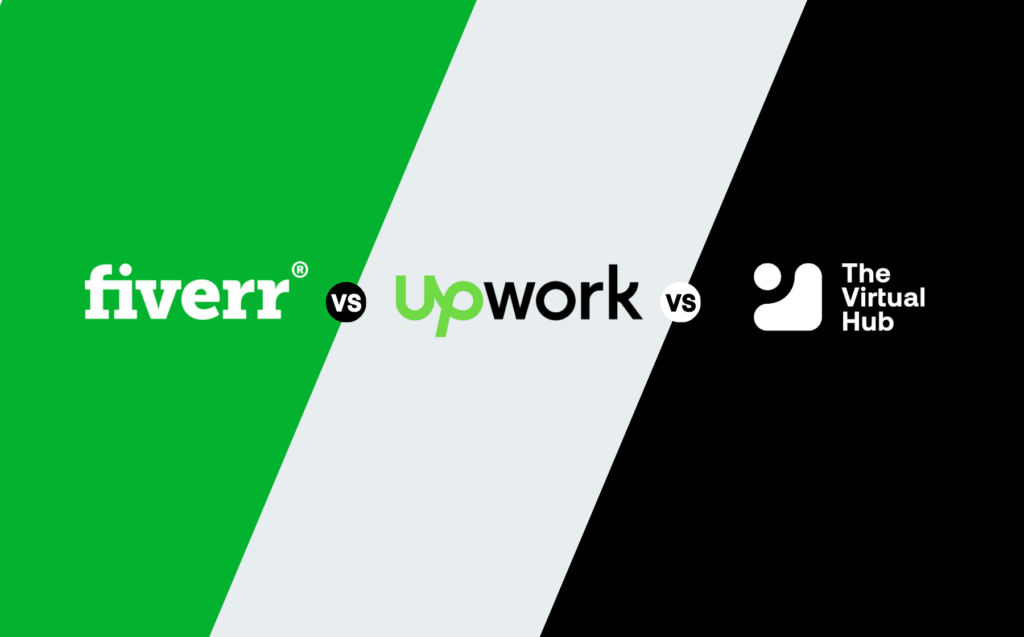Organizational Culture and Leadership: Why Culture Always Wins
- The Virtual Hub Systems
Culture eats strategy for breakfast — here’s why.
“Culture eats strategy for breakfast.” Peter Drucker’s famous words get quoted endlessly. But here’s the reality: until you’ve been tested—until your back’s against the wall—you don’t really understand what it means.
Organizational culture and leadership aren’t “nice to haves.” They’re the operating system of your company. When culture is healthy, strategy thrives. When culture breaks, strategy collapses—fast.
For scaling businesses, especially those navigating hybrid or remote models, understanding the importance of organizational culture is non-negotiable. Get this right, and you gain a competitive edge. Get it wrong, and you’ll burn through talent, momentum, and trust.
What do we mean by organizational culture?
At its simplest, culture is the atmosphere of your business: how people work, communicate, and show up for each other. It’s what’s tolerated, celebrated, and rewarded.
And it’s powerful. Employees don’t just work for a paycheck—they work for an environment where values align. If culture and values clash, disengagement is inevitable.
Great work culture attracts top talent, fuels engagement, and accelerates innovation. Toxic culture, on the other hand, spreads faster than any operational problem you’ll ever face.

Organizational culture and leadership: The critical link
Culture doesn’t “just happen.” It flows directly from leadership. Your actions as a founder or executive set the tone for how the rest of the company behaves.
- Healthy culture → alignment, collaboration, and trust.
- Weak culture → fear, silos, and churn.
That’s why organizational culture and leadership can’t be separated. One drives the other.
When leaders demonstrate transparency, accountability, and clarity, culture becomes a magnet—drawing in both customers and top talent.
Why organizational culture is essential for growth
Scaling without a deliberate culture is like building a skyscraper on sand. You may get off the ground, but cracks will show.
A strong culture delivers tangible business outcomes:
- Brand identity: Culture is your brand lived out internally.
- Talent attraction and retention: Great culture makes recruitment cheaper and retention stronger.
- Sustained performance: Employees go the extra mile because they feel part of something bigger.
- Customer loyalty: Clients feel the difference when they work with an engaged, motivated team.
In short: strategy will help you grow, but culture determines if that growth is sustainable.
Building a winning organizational culture
Strong cultures don’t emerge by accident. They’re intentionally built and continuously reinforced. Here are five essentials:
- Define your purpose clearly. Align every decision back to it.
- Codify your core values. These should guide behavior, not live as words on a wall.
- Invest in leadership at all levels. Emerging leaders are your culture carriers.
- Foster feedback and transparency. Trust is built through honest, frequent communication.
- Reward behaviors, not just results. Celebrate actions that reflect company values.

Lessons from a culture crisis
At The Virtual Hub, we’ve seen firsthand how quickly culture can shift. Our in-office team thrived on collaboration and energy. When the pandemic forced an overnight switch to remote, culture wobbled.
Despite having all the right tools—Zoom, chat, systems—the sudden isolation exposed cracks. People felt left behind. Frustrations rose. Trust faltered.
The lesson? Culture is fragile. It must be nurtured intentionally, especially in times of change. Rebuilding required us to involve the team deeply in defining our core values and reshaping what “Virtual Hub culture” looks like in a hybrid world.
The value of shared leadership
One of the most powerful cultural shifts we made was embracing shared leadership. Instead of holding the burden at the top, we empowered team members to step up.
The result? More buy-in, stronger trust, and emerging leaders who shaped solutions we couldn’t have created alone.
This same principle applies in every scaling business: delegate responsibility, not just tasks. Culture strengthens when people feel trusted to lead.
Final thoughts
The world keeps shifting, but one truth holds: organizational culture and leadership will always outpace strategy.
As a founder or operator, your smartest investment isn’t in more tactics—it’s in the work culture you’re building. Get that right, and you’ll unlock performance, loyalty, and growth that strategy alone could never deliver.
Book a discovery call to see how The Virtual Hub helps ambitious businesses build scalable cultures with elite support assistants who power performance behind the scenes.
Masterclass:
Optimize your people
strategy for growth
Watch Now!
Want to talk to
our team?
Discover more strategies to scale smarter with people optimization
Join our scaling smarter community



